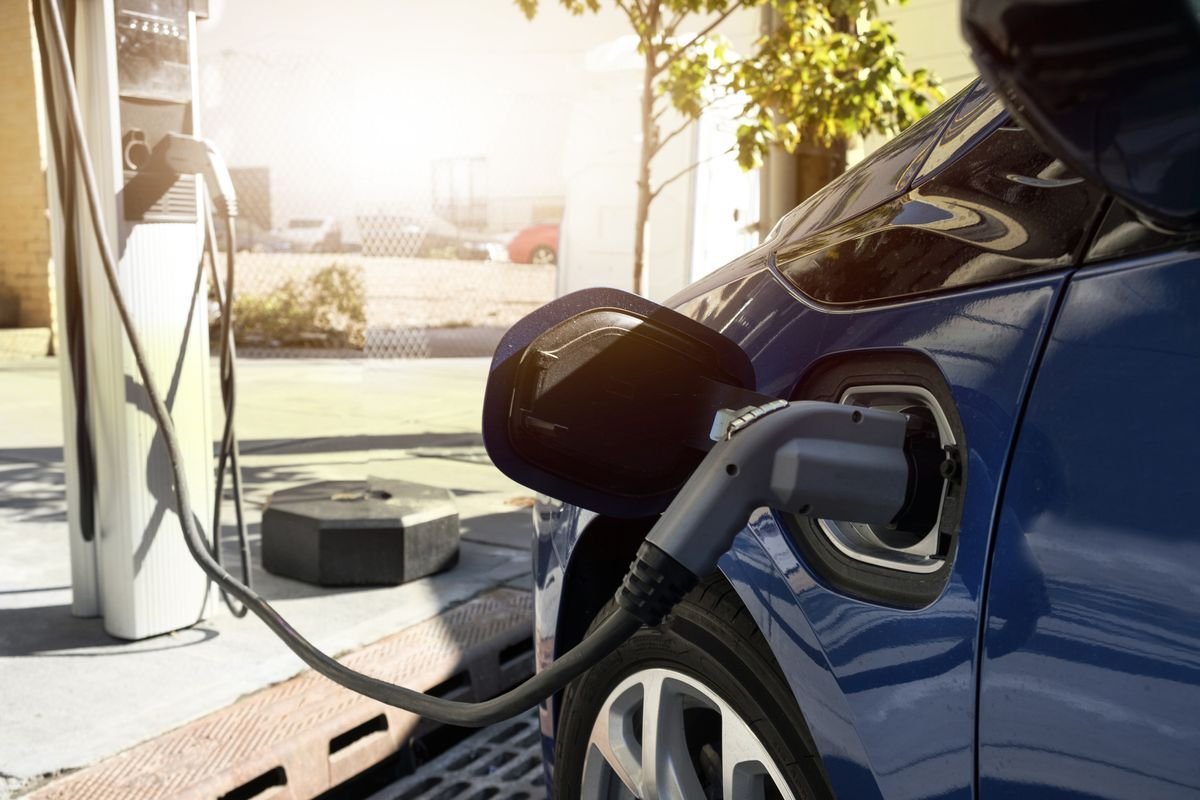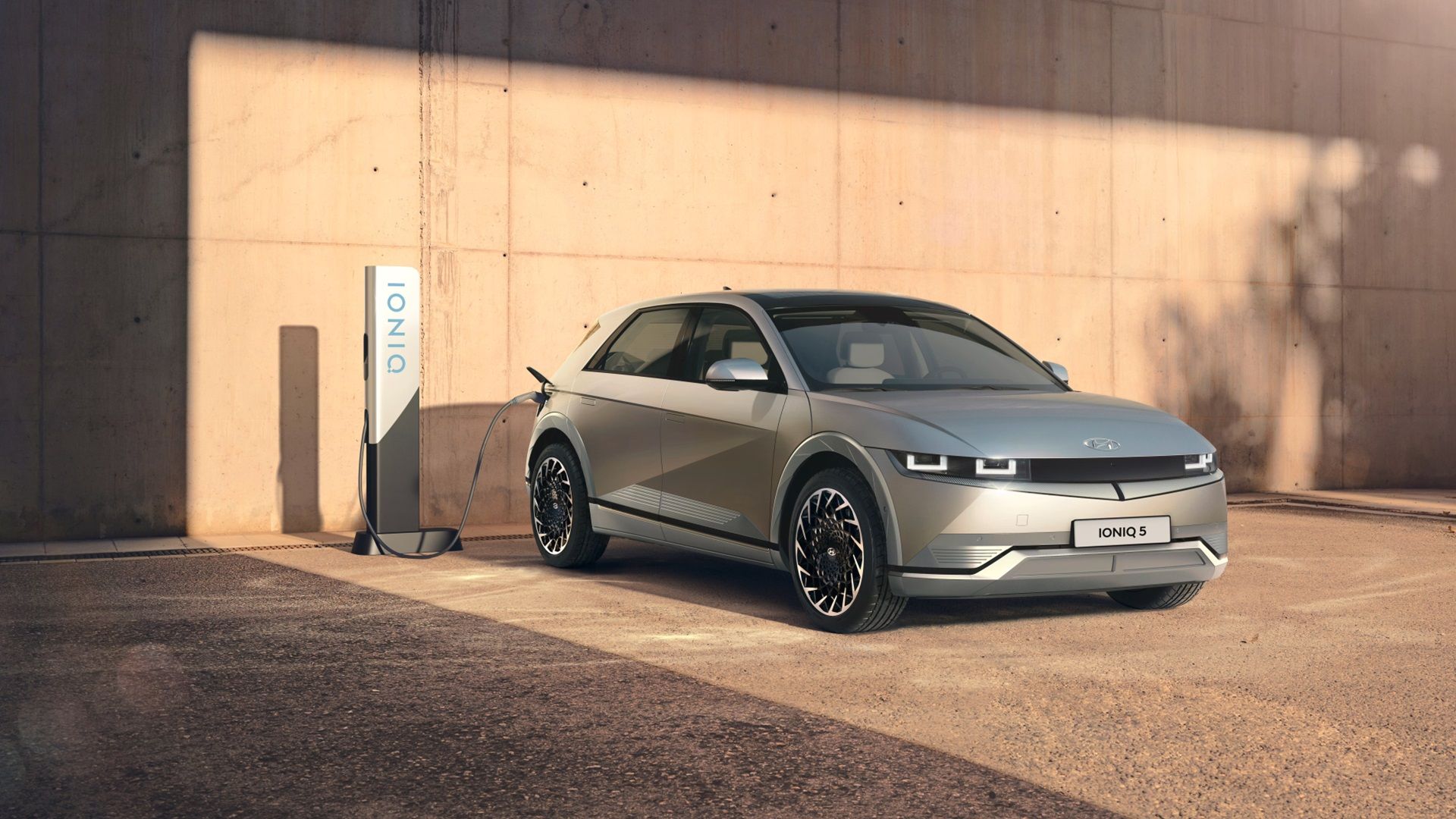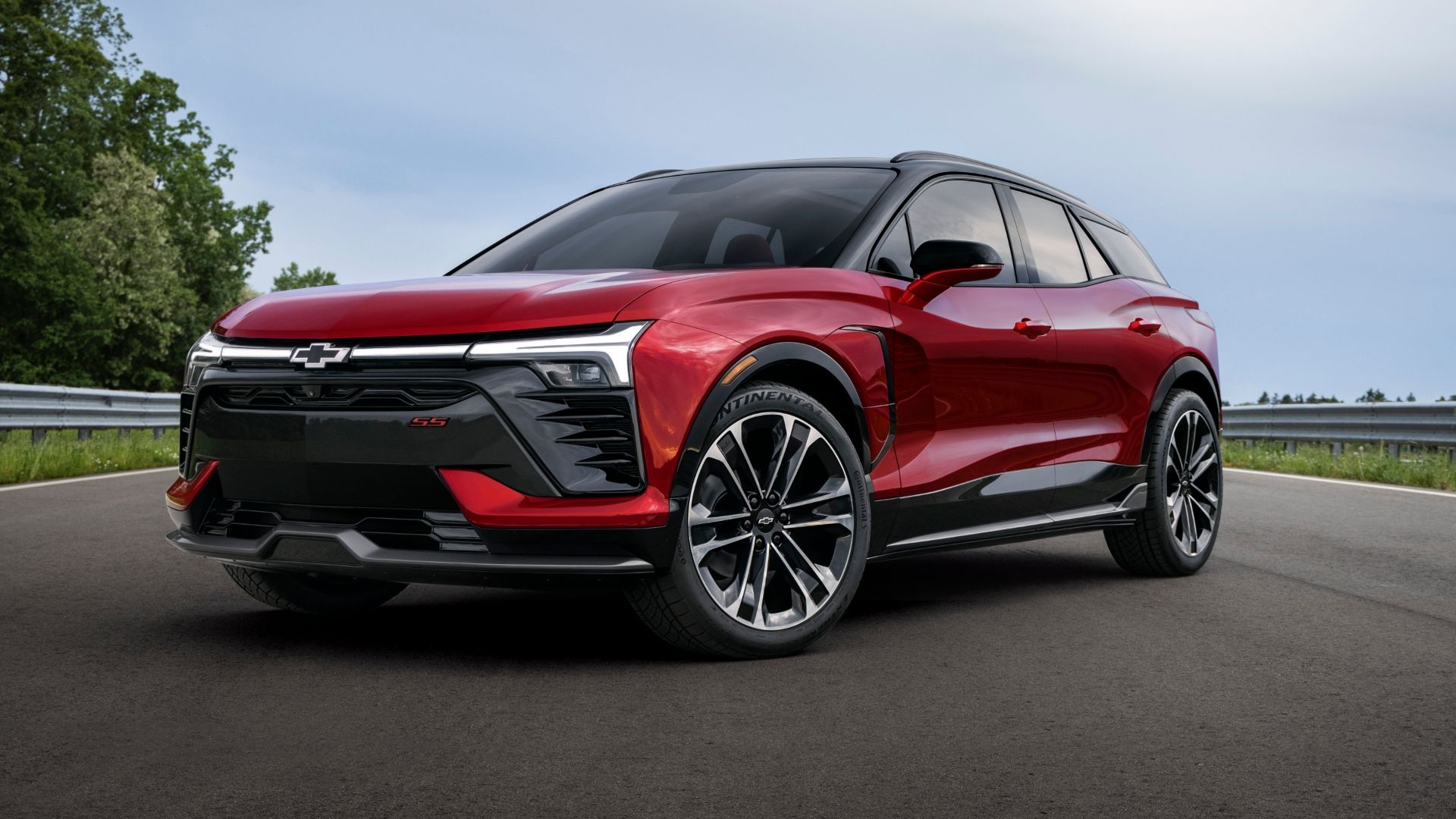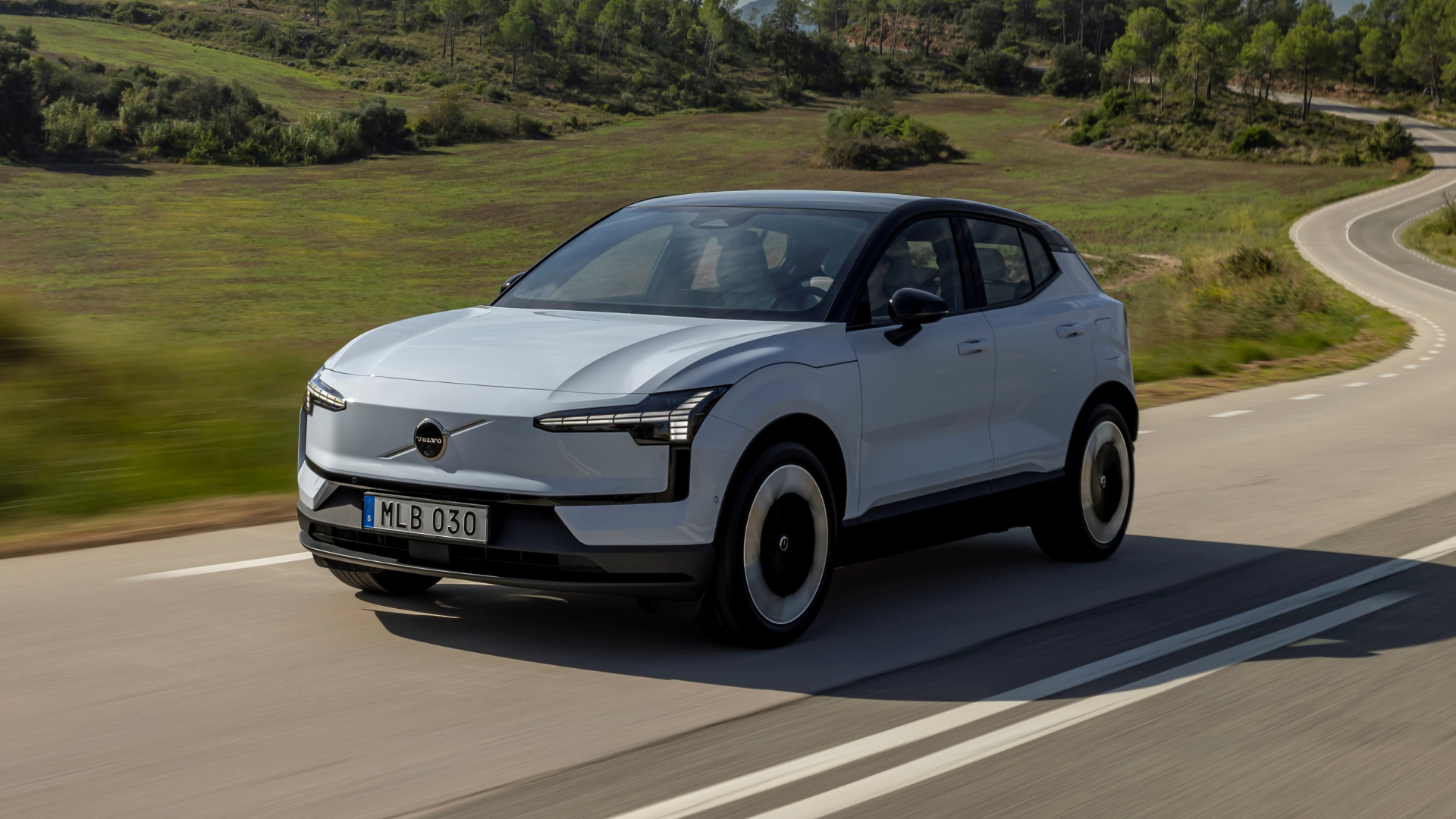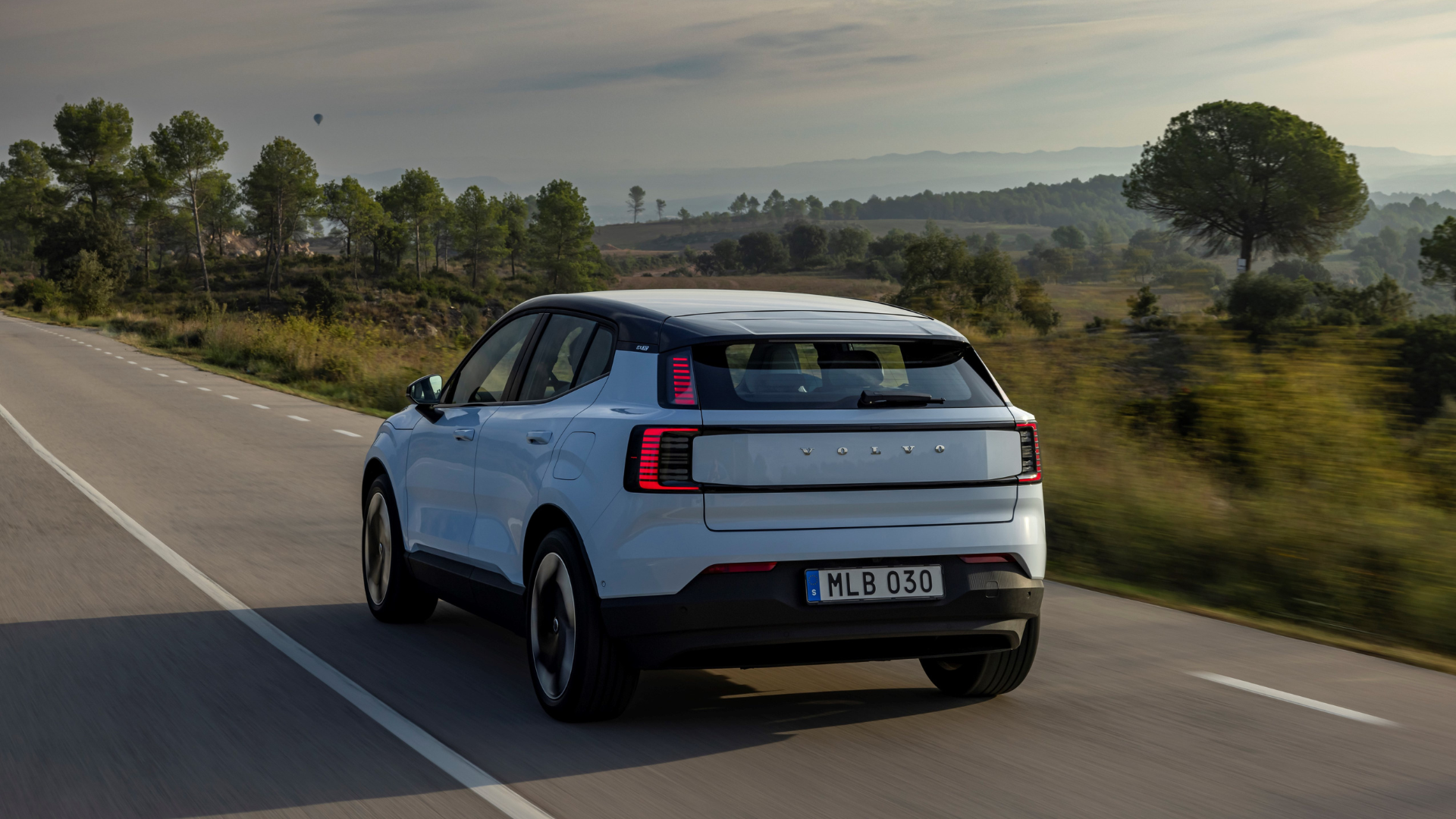Summary
- Quebec will remove EV incentives by 2027 in anticipation of prices dropping due to ZEV mandates.
- EV incentives in Quebec will be reduced annually, impacting both fully electric vehicles and plug-in hybrids.
- The removal of incentives may lead to carmakers lowering EV prices independently, eliminating the need for external incentives.
As the entire auto industry moves towards electrification, and as governments around the world set mandates to ban the sale of new gasoline-powered vehicles, a question begs to be answered: will we still need incentives to motivate consumers to buy new electric vehicles (EVs) in the future?
The province of Quebec, historically known for its early adoption of EVs, massive investments in public charging infrastructure and generous incentives for the purchase of an EV and home charging units, doesn’t seem to believe so.
In its 2024 budget, it has announced that it plans to progressively remove its incentives. Quebec’s medium-term strategy aims that by 2027, all incentives will be gone for good. Could this signal the start of a trend elsewhere in the world as well?
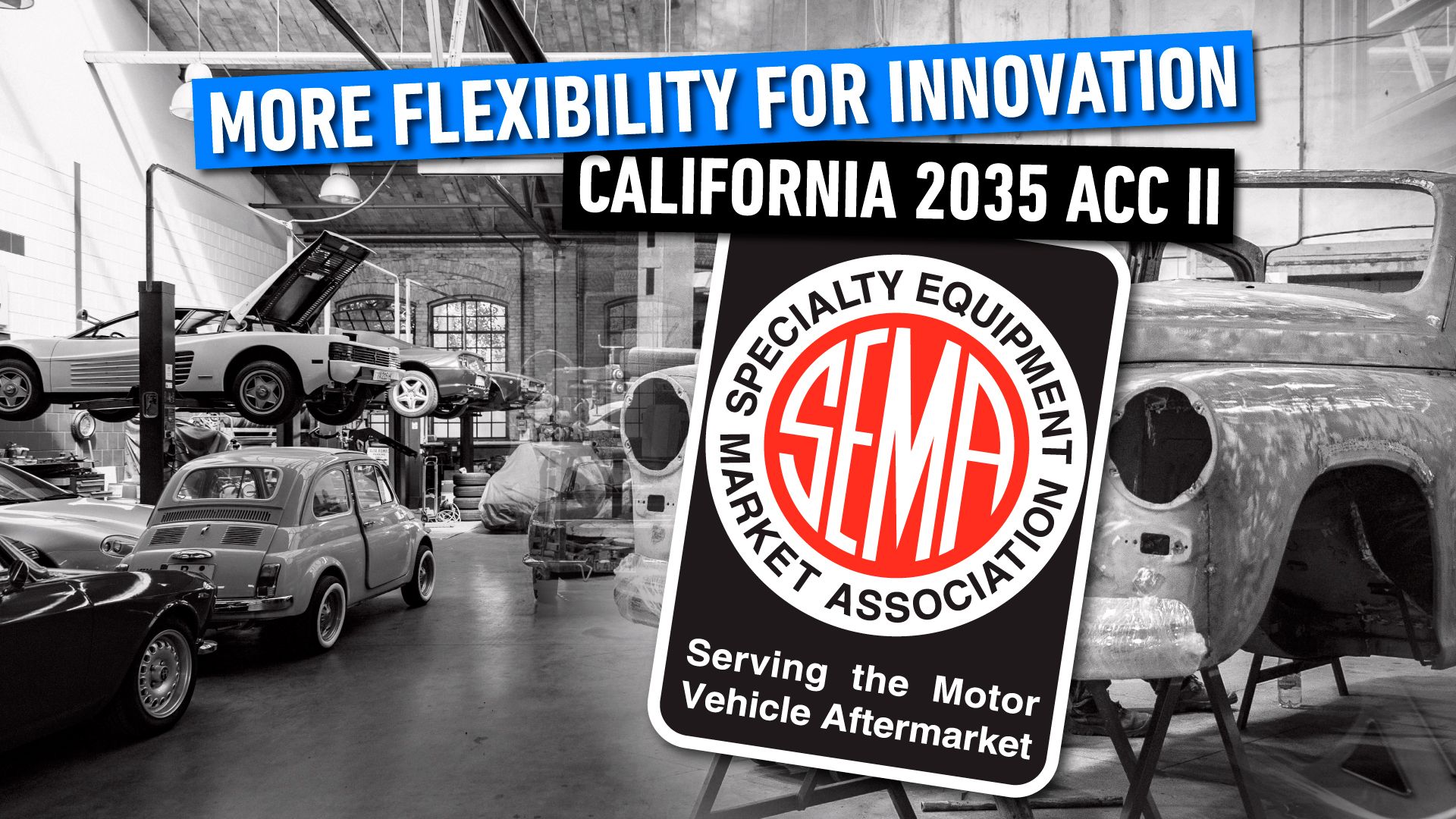
SEMA Members Ask For More Flexibility In California’s 2035 ZEV Mandate
According to SEMA’s VP of public affairs, ACC II is too restrictive and could bottleneck engineering development in the aftermarket sector.
From $7,000 To Nothing At All
Up until now, Quebec had the most generous of all Canadian EV rebates. While the federal Canadian government already gives you $5,000 on the purchase of a new electric car, wherever you live, Quebec adds an extra $7,000 to that amount (as long as the vehicle’s MSRP is under $65,000 CAD), totaling $12,000.
These rebates are treated like a lump of cash at the dealer level, added to the car’s final sales price, including taxes and other fees.
Starting as early as January 1st, 2025, Quebec’s $7,000 incentive will be melted down to $4,000. Plug-in hybrids (PHEVs) will also see their provincial incentive drop from $5,000 to $2,000. The following year, on January 1st 2026, the amounts will drop again, down to $2,000 for fully electric vehicles and only $1,000 for PHEVs. The entire program will end on January 1st 2027.
Banking On ZEV Mandates
Along with its announcement, Quebec’s finance minister Éric Girard explained that he’s confident that in the near future, the price of new EVs will drop as demand for these vehicles increases. In other words, it’ll be less and less necessary to assist consumers in the purchase of their new electric vehicle as they become more affordable.
Girard is obviously banking on the province’s and the Canadian government’s zero emission vehicle (ZEV) mandates to force the auto industry into a bottleneck that’ll have them compete for market share and, consequently, lower prices.
Remember, in December 2023, Justin Trudeau’s liberal government deployed its EV Availability Standard in an effort to help it reach its 2035 ban on internal combustion engines (ICE).
Very similar to California’s ACC II regulations, the idea is that as of 2026, 20% of all new cars sold in Canada will need to be either purely electric, plug-in hybrid or hydrogen-powered. That number will increase steadily as time goes by; 60% in 2030 and, eventually, 100% in 2035. Meanwhile, through its ZEV Act, the Quebec government aims at having two million electric vehicles on Quebec roads by 2030.
A New Reality For Everyone
If this strategy plays out as planned – because it’s still uncertain if it will – carmakers could be forced to lower the prices of their EVs due to the fact that they will be obliged to sell a certain percentage of them. If they don’t meet targets, they’ll face strict penalties.
If such a world does one day happen, then there will indeed be no more need for EV incentives. The carmakers will create them on their own. Quebec’s decision to remove its incentives could therefore set the table for other markets.
It’s also worth underlying that the current incentives have had their share of perverse effects. While it’s true that they have helped millions of Canadians purchase a brand-new electric car, it’s also true that carmakers have been manipulating their MSRPs to take advantage of these rebates.
The Chinese-built Volvo EX30 is a perfect example. It kicks off in the US at $34,950 USD, while in Canada, the starting MSRP was hiked up to 53 000 $ CAD, a convenient amount to give space for that $12,000 price drop. Knowing that, it therefore only makes sense to let the carmakers figure out their own forms of incentives instead of relying on taxpayer money.

